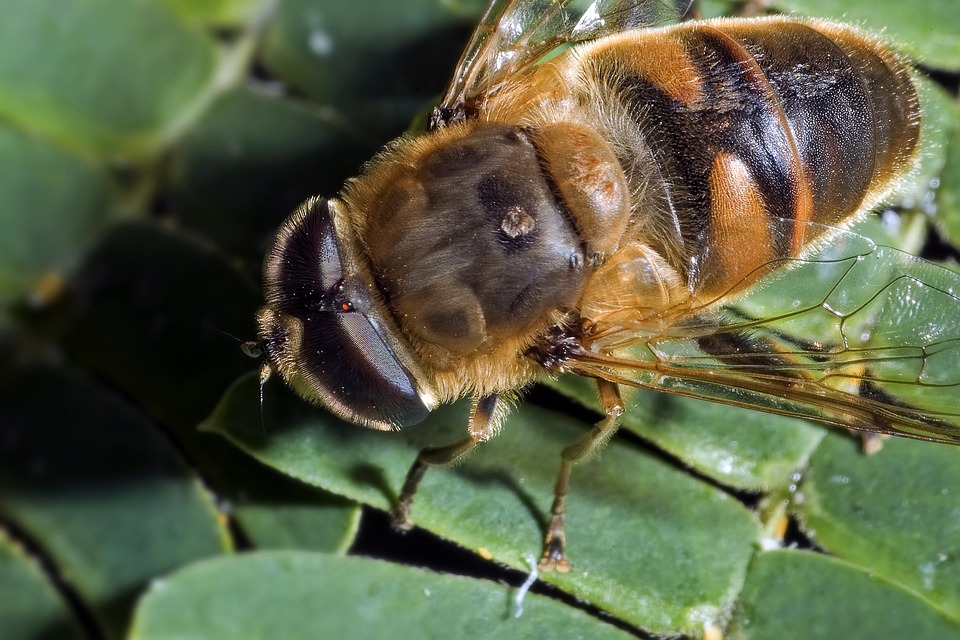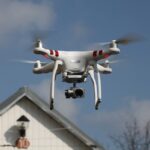Drones have become increasingly popular in recent years, with hobbyists all over the world taking to the skies to capture breathtaking aerial shots and explore new perspectives. But for those who are looking to take their drone skills to the next level and potentially turn their hobby into a profession, there are a few key steps they can take to make that leap.
First and foremost, practice is key. Just like any skill, the more time and effort you put into flying your drone, the better you will become. This means logging hours of flight time, experimenting with different maneuvers and camera angles, and familiarizing yourself with the technical aspects of your drone. Consider setting aside dedicated time each week to practice and improve your skills.
Next, consider investing in additional training or education. There are a number of online courses and workshops available that can help you improve your drone piloting skills, learn more about aerial photography and videography techniques, and even obtain certifications that may be required for certain professional drone jobs. By taking the time to further your education, you will not only become a better drone pilot, but you will also increase your credibility and marketability as a professional in the industry.
Networking is also key when it comes to taking your drone skills to the next level. Connect with other drone enthusiasts, attend industry events and conferences, and reach out to potential clients or employers to showcase your work and build relationships. Building a strong network can open up new opportunities for collaboration, mentorship, and career advancement in the drone industry.
Additionally, consider specializing in a specific niche within the drone industry. Whether it’s aerial photography, surveying and mapping, search and rescue operations, or industrial inspections, focusing on a particular area of expertise can help you stand out as a professional drone operator. By honing your skills in a specific niche, you can position yourself as an expert in that field and attract clients who are seeking your specialized services.
Finally, consider investing in higher quality equipment and tools to help elevate your drone skills to a professional level. Upgrading to a more advanced drone with better camera capabilities, investing in additional accessories like gimbals or filters, and using editing software to enhance your footage can all help you produce higher quality work that will impress potential clients and employers.
In conclusion, taking your drone skills from hobbyist to pro requires dedication, practice, education, networking, specialization, and investment in quality equipment. By following these steps and continuously striving to improve and evolve as a drone pilot, you can take your passion for drones to new heights and potentially turn it into a successful and fulfilling career.





